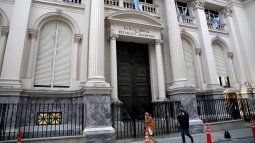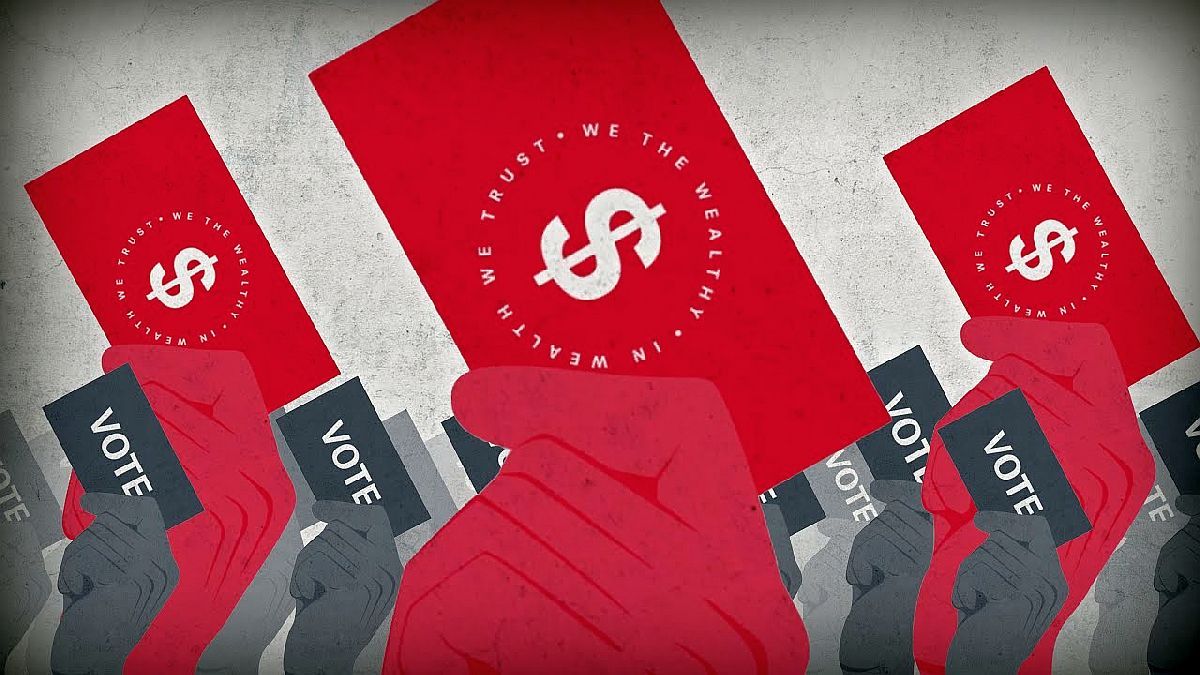In the elections on October 22, it is decided, among other things, how to resolve this crisis.
Argentina is going through, once again, a crisis in the external sector. The primarization of its productive structure and bimonetarism explain the lack of dollars that cyclically conditions growth and stability. The economic problems that the country had in 2022 deepened in 2023 as a result of the worst drought in history and the actions of the IMF. The drought generated a drop in exports close to 20 billion dollars and so far this year net payments to the IMF exceed 10,000 million dollars. The delay in disbursements that were to arrive in June pushed the situation of international reserves to the limit, exacerbating expectations of devaluation, widening the exchange rate gap, and accelerating inflation. Regardless of the approval of the disbursements that should arrive by the end of August, the damage has already been done.
The content you want to access is exclusive to subscribers.
In the elections on October 22, it is decided, among other things, how to resolve this crisis. The most extreme proposals that propose dollarization, or the lifting of controls and exchange rate unification on the first day of government would generate a phenomenal drop in income, unloading the costs of the adjustment on a working class that is already extremely hit by the loss of purchasing power of wages and precariousness. The cut in spending in key areas such as health, education or social benefits would deepen the collective malaise.


Dollarization would also have a structural impact on the government’s ability to carry out an autonomous economic policy, remaining totally vulnerable to any shock and unable to influence the economic cycle. The experience closest to this proposal, convertibility, culminated in the worst economic and social crisis in Argentine history.
However, the urgency of the situation should not cover up the discussions about what model of country we want to have in the medium and long term.. In the coming years, debt payments, both to private creditors and to the IMF, are relatively low. In these years, investments in the energy and mining area begin to mature which, through the increase in exports and the substitution of imports, will strengthen the supply of foreign currency.
Argentina has a historic opportunity. The transition towards clean energy that the world is carrying out represents a new productive paradigm, with profound technological changes. Argentina has abundant natural resources that will play a key role in this transition: lithium for electric batteries, and gas and renewable energies (mainly wind energy) for the production of low-emission hydrogen.
But the mere existence of resources does not guarantee economic development. For this, it is necessary to use the resources as a platform to generate chains and increase the added value. The State has a non-delegable role in this sense, propping up the scientific and technological system and generating incentives for this knowledge to be absorbed by the productive sector. The development policy is essential for Argentina’s participation in this new techno-productive regime to extend to all links in the value chains, boosting our technological and industrial capacities and the creation of quality jobs.
These are the policies that all the central countries adopted in the early stages of their development, and that have regained force in recent years with different forms of entrepreneurial State, increasing spending on science and technology, and extensive protection and subsidy schemes for their industry. Proposals for the absolute deregulation of the market in order to attract foreign investment only lead to a greater reprimarization of the economy, consolidating foreignization and technological dependence.
What will be defined in the next elections, then, is not only how to solve the economic and social crisis in the short term, but ultimately what kind of productive specialization and international insertion profile we want to have in the medium and long term and what role the State must comply with in this process. The challenges in this regard remain the same: to transform the productive structure, endowing production with greater added value and technological content to reverse the subordinate and dependent insertion in the international division of labor. The neoliberal proposal would not only deepen the deterioration of the living conditions of the majority of the population, but would imply losing a historic opportunity to make the leap to development.
[1] FIDE Chief Economist.
Source: Ambito
David William is a talented author who has made a name for himself in the world of writing. He is a professional author who writes on a wide range of topics, from general interest to opinion news. David is currently working as a writer at 24 hours worlds where he brings his unique perspective and in-depth research to his articles, making them both informative and engaging.




